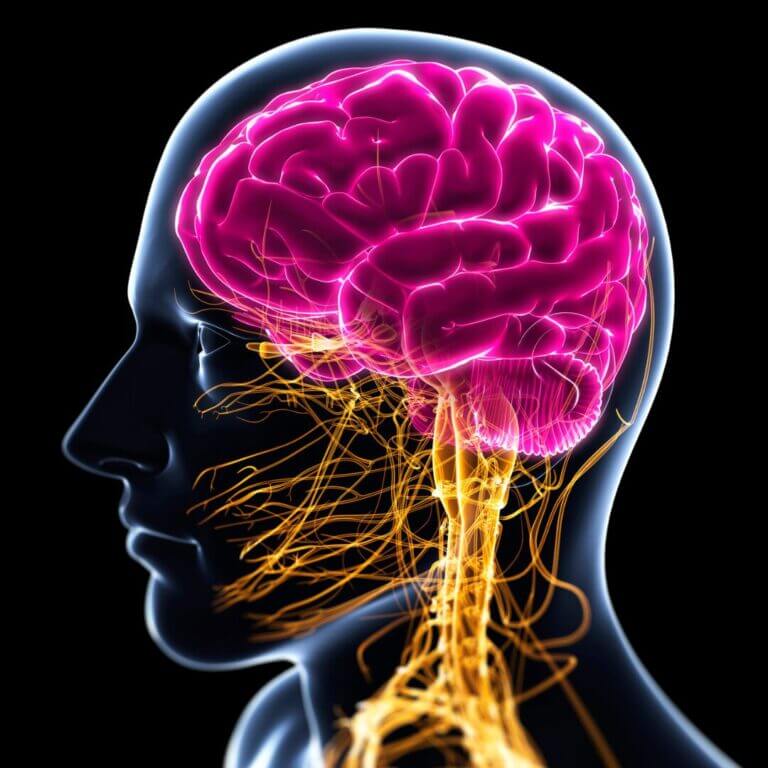Is addiction something we inherit, or is it shaped by our experiences? The relationship between genetics, epigenetics, and substance use is complex, and researchers are continuing to discover how much of a person’s addiction risk is influenced by inherited traits—and how much is a result of life events and environmental exposure.
By exploring how genes and epigenetic changes affect behavior, we can gain better insight into why some people are more vulnerable to addiction than others—and how this understanding can support more effective treatment and prevention efforts.
Understanding Genes and Addiction
Genes carry the instructions that influence everything from eye color to how the brain processes chemicals like dopamine. While no single “addiction gene” has been identified, researchers have found that genetic factors can account for about 40-60% of a person’s vulnerability to substance use disorders. This doesn’t mean someone is destined to develop addiction—it means they may be more likely to experience stronger reactions to certain substances or have a harder time stopping once they start.
A 2023 study by the National Institutes of Health revealed shared genetic markers that contribute to multiple types of addiction, including alcohol, nicotine, cannabis, and opioids. According to the study, “These findings represent a significant advance in our understanding of how inherited factors influence the risk for substance use disorders and suggest that the genetic basis of addiction may overlap across substances.”
What this tells us is that while genetic makeup can set the stage, it’s not the whole story. That’s where epigenetics comes in.
What Is Epigenetics?
Epigenetics refers to the way gene activity can be turned on or off by external influences—without changing the DNA sequence itself. These changes happen through chemical modifications that affect how genes are expressed in the body. In simple terms, epigenetics helps explain how lifestyle and environmental factors can alter the way our genes function.
This is especially relevant in addiction, where early exposure to trauma, chronic stress, or even parental substance use can cause long-lasting changes in brain chemistry. Unlike DNA mutations, epigenetic changes are potentially reversible, which opens the door to interventions that target not only behavior, but also underlying biological processes.
Epigenetics and Addiction: How Experience Shapes Risk
Epigenetic changes can be triggered by a wide range of life experiences, particularly those involving chronic stress, trauma, neglect, poor nutrition, and exposure to drugs or alcohol. These environmental factors can chemically modify the way genes are expressed, particularly in areas of the brain involved in emotional regulation, decision-making, and reward response. For example, prolonged stress during childhood may lead to epigenetic changes that increase sensitivity to stress later in life, potentially heightening the appeal of substances as a coping mechanism.
Substance exposure itself can lead to these shifts. Research published in Nature Neuroscience found that repeated drug use can cause changes in DNA methylation—a process that affects gene expression—especially in genes associated with dopamine signaling and neural plasticity. These changes can impair the brain’s ability to manage impulse control and regulate mood, which may reinforce substance-seeking behaviors.
Perhaps even more compelling is the evidence that some of these epigenetic modifications may be passed down from one generation to the next. A study from Biological Psychiatry found that offspring of individuals exposed to trauma or drug use could inherit altered stress responses due to changes in gene expression, despite not experiencing those same exposures directly. This idea—known as transgenerational epigenetic inheritance—suggests that a person’s risk for addiction may be influenced not only by their own life experiences but also by the biological legacy of their parents or grandparents.
Although this area of research is still developing, the implications are significant. It reinforces the understanding that addiction vulnerability can be deeply rooted in both inherited and environmental influences. By examining how life events can “switch on” or “switch off” certain genetic traits, clinicians and researchers are better equipped to understand who may be at greater risk—and how to intervene more effectively.
What This Means for Treatment and Prevention
Understanding the interplay between genes and epigenetics doesn’t just explain why addiction develops—it also offers direction for care. People with a family history of substance use may benefit from early intervention, while those recovering from addiction might respond better to treatment approaches that address both biological and psychological factors.
At Ashley Addiction Treatment, we recognize that addiction is influenced by many factors—some inherited, some acquired. That’s why our programs are designed to address the whole person: physical, emotional, and spiritual. Whether someone’s risk is tied to genetics, life experiences, or a combination of both, treatment can help rebuild health and stability.If you’re ready to start the process, reach out through our admissions inquiry page. You can also contact us directly to speak with someone about your options and what support might be right for you or a loved one.



